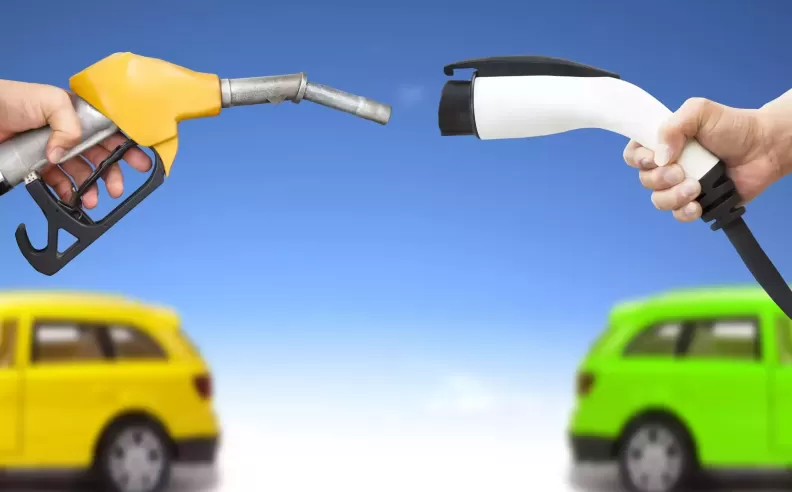
The automotive industry has undergone significant transformations in recent years, and one of the most prominent changes has been the variety of fuel options available for vehicles. Traditionally, petrol and diesel were the primary choices for internal combustion engine vehicles, but with the emergence of electric cars, consumers now have a trio of fuel types to choose from. Each fuel type comes with its own set of advantages and disadvantages, making the decision more complex than ever before. In this article, we'll explore the key factors to consider when choosing between petrol, diesel, and electric cars.
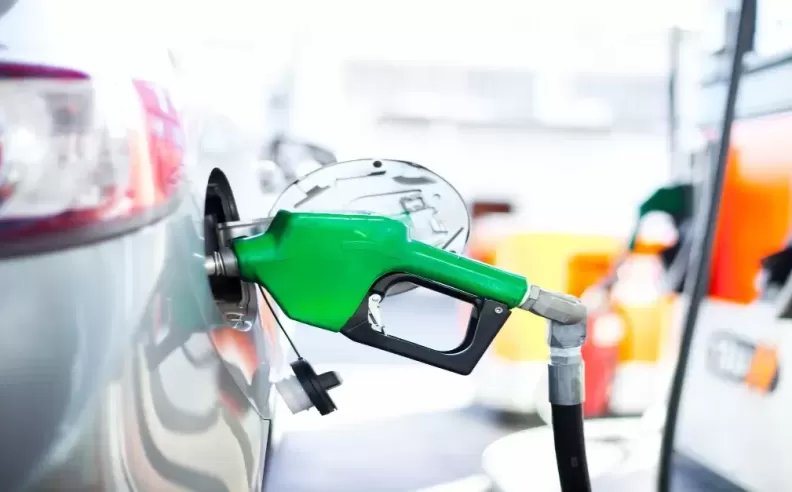
Petrol-powered vehicles have long been the staple of the automotive world. The internal combustion engine in these cars burns petrol to produce the power necessary to propel the vehicle forward. Petrol cars are known for their smooth acceleration, ease of maintenance, and wide availability of fueling stations. Additionally, petrol engines tend to be quieter and more refined than diesel engines.
Advantages:
Smooth Performance: Petrol engines offer quick and smooth acceleration, making them suitable for city driving and daily commuting.
Vast Infrastructure: Petrol refueling stations are abundant, allowing for convenient long-distance travel without worrying about range limitations.
Disadvantages:
Lower Fuel Efficiency: Petrol engines generally have lower fuel efficiency compared to diesel and electric alternatives, leading to more frequent refueling.
Environmental Impact: Petrol engines emit higher levels of CO2 and other pollutants, contributing to air pollution and climate change.
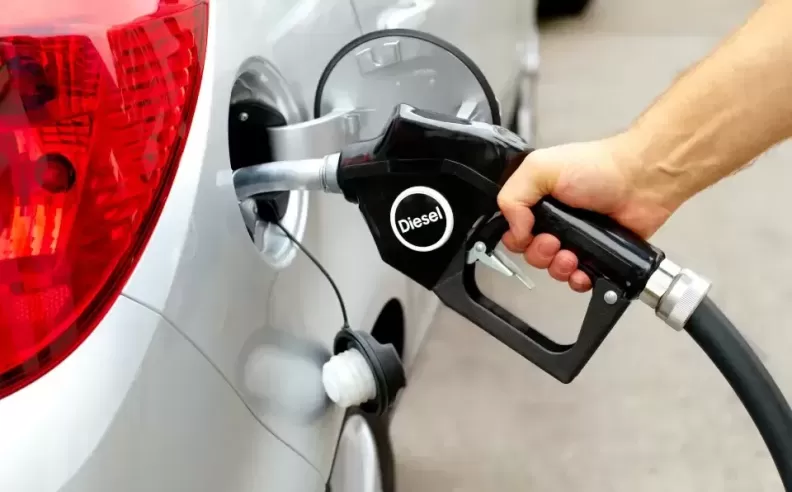
Diesel-powered vehicles gained popularity due to their fuel efficiency and torquey performance. Diesel engines rely on compression ignition, where the air-fuel mixture ignites through high pressure and temperature. While they were once considered more environmentally friendly due to better fuel efficiency, advancements in emissions regulations have challenged this perception.
Advantages:
Fuel Efficiency: Diesel engines offer impressive fuel efficiency and better mileage, making them ideal for long-distance travelers and those who require higher torque.
Longevity and Durability: Diesel engines tend to have longer lifespans due to their robust construction.
Disadvantages:
Emissions and Pollution: Diesel engines emit higher levels of nitrogen oxides (NOx) and particulate matter, contributing to poor air quality and health concerns.
Noise and Vibration: Diesel engines can be noisier and less refined than petrol engines, affecting overall driving comfort.
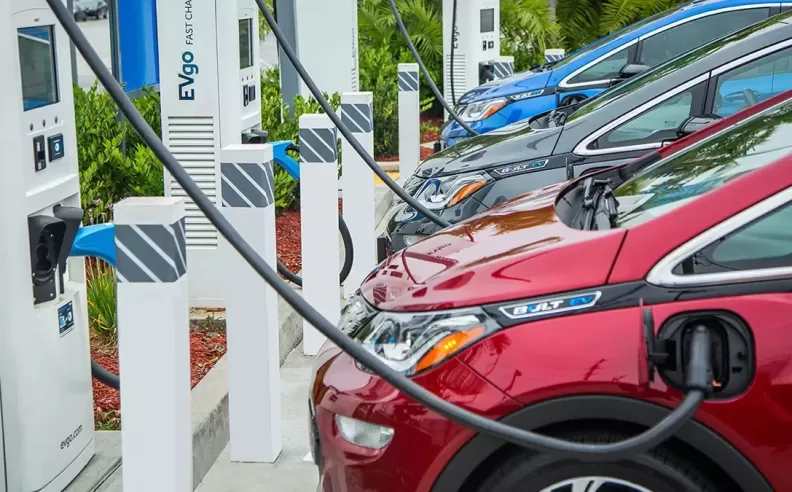
Electric vehicles (EVs) have gained significant attention in recent years due to their potential to revolutionize the automotive industry. Instead of internal combustion engines, EVs use electric motors powered by rechargeable batteries. This technology shift brings about advantages related to environmental impact and technological innovation.
Advantages:
Zero Emissions: EVs produce zero tailpipe emissions, contributing to reduced air pollution and greenhouse gas emissions.
Lower Operating Costs: Electric cars have lower operating and maintenance costs since electricity is generally cheaper than petrol or diesel.
Quiet and Smooth Operation: Electric motors provide instant torque, resulting in swift acceleration, and they operate quietly, enhancing driving comfort.
Disadvantages:
Charging Infrastructure: While EV charging infrastructure is expanding, it's not as extensive as traditional refueling stations, which can lead to range anxiety, especially on long trips.
Limited Range: Despite improvements, EVs still face limitations in terms of range compared to traditional vehicles, particularly in the more affordable price range.
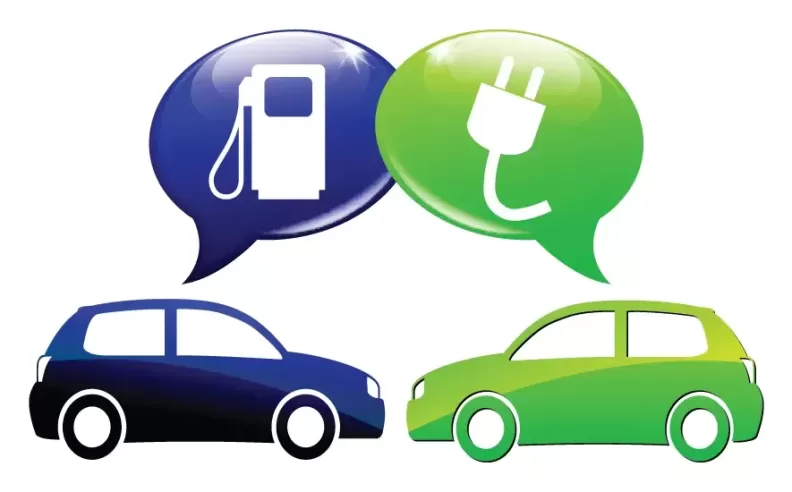
The decision between petrol, diesel, and electric cars should be based on your individual needs and priorities. Consider the following factors:
Usage: Determine your typical driving patterns, whether it's city commuting, highway driving, or long-distance travel.
Environmental Concerns: Evaluate the environmental impact of your choice and consider your carbon footprint.
Cost Considerations: Factor in not only the upfront cost but also ongoing expenses like fuel, maintenance, and potential incentives or subsidies.
Charging or Refueling Convenience: Assess the availability of charging stations or refueling points in your area and along your regular routes.
In conclusion, the automotive landscape has become more diverse than ever, offering consumers a range of fuel options to suit their preferences and needs. Petrol and diesel cars continue to evolve with improved efficiency and reduced emissions, while electric cars represent a cleaner and technologically advanced future. By carefully weighing the advantages and disadvantages of each fuel type, you can make an informed decision that aligns with your values and lifestyle.

Wael is an automotive content writer specializes in creating written content for Motor 283. Producing a wide range of content, including blog posts, articles, product descriptions, reviews, and technical guides related to cars, trucks, motorcycles, and other vehicles, with an unprecedented passion for cars, and motorcycles.

